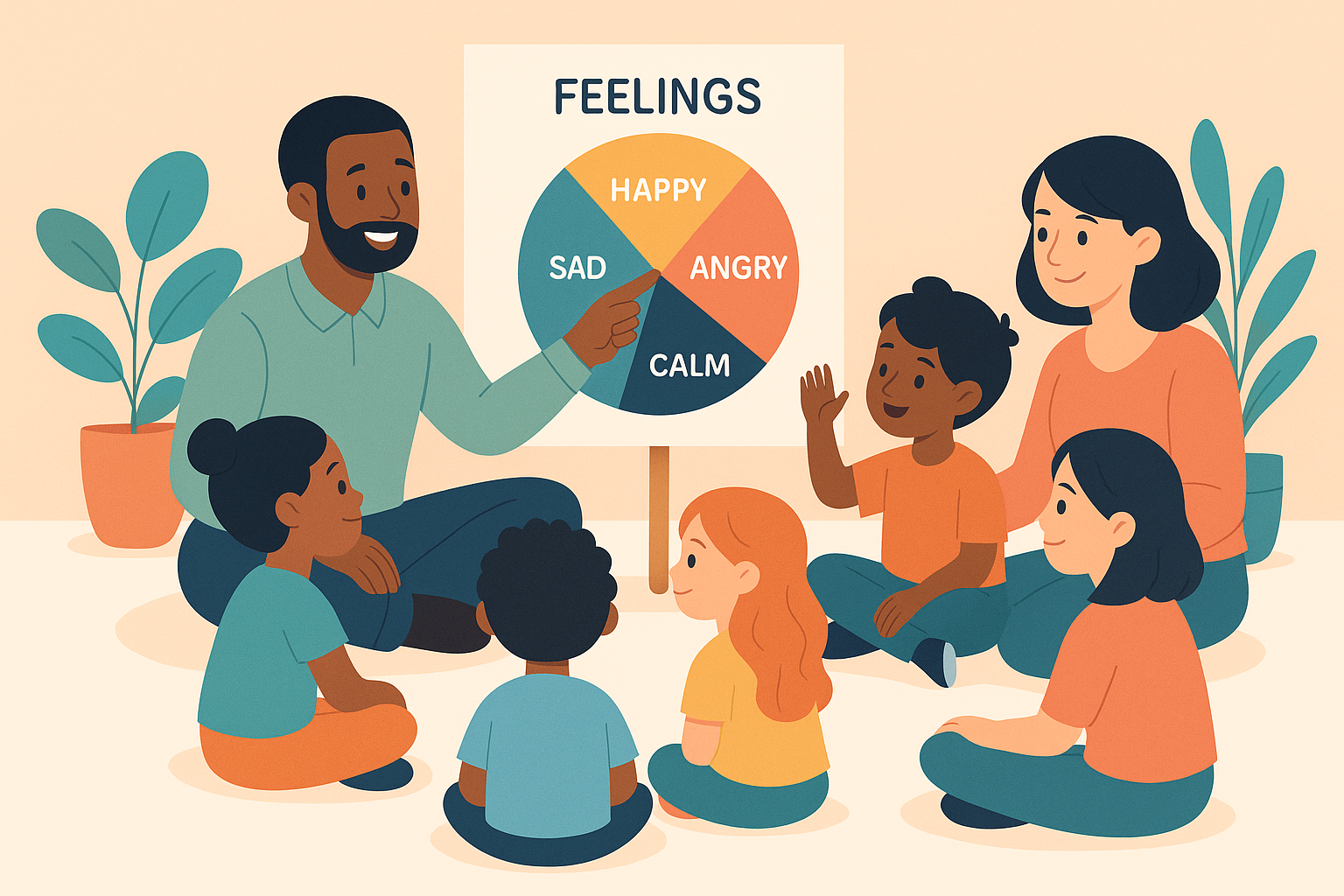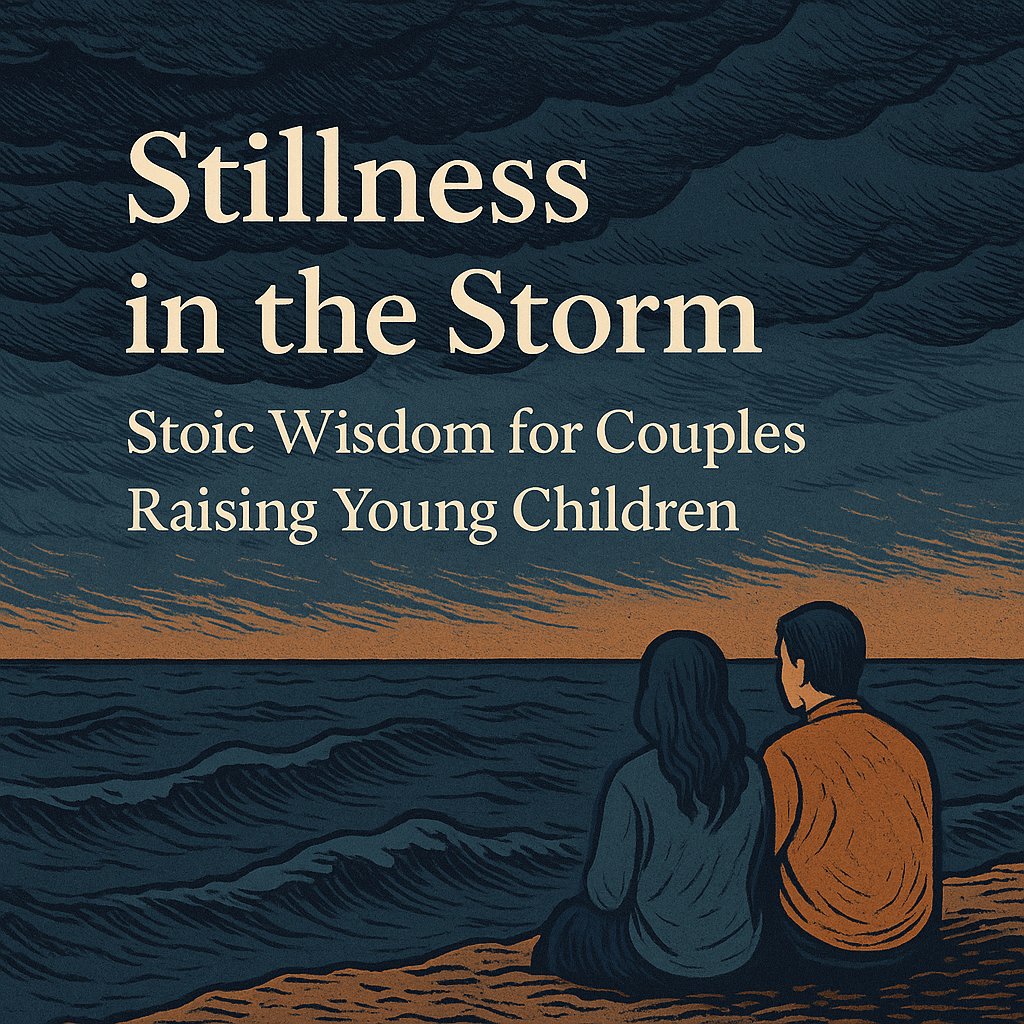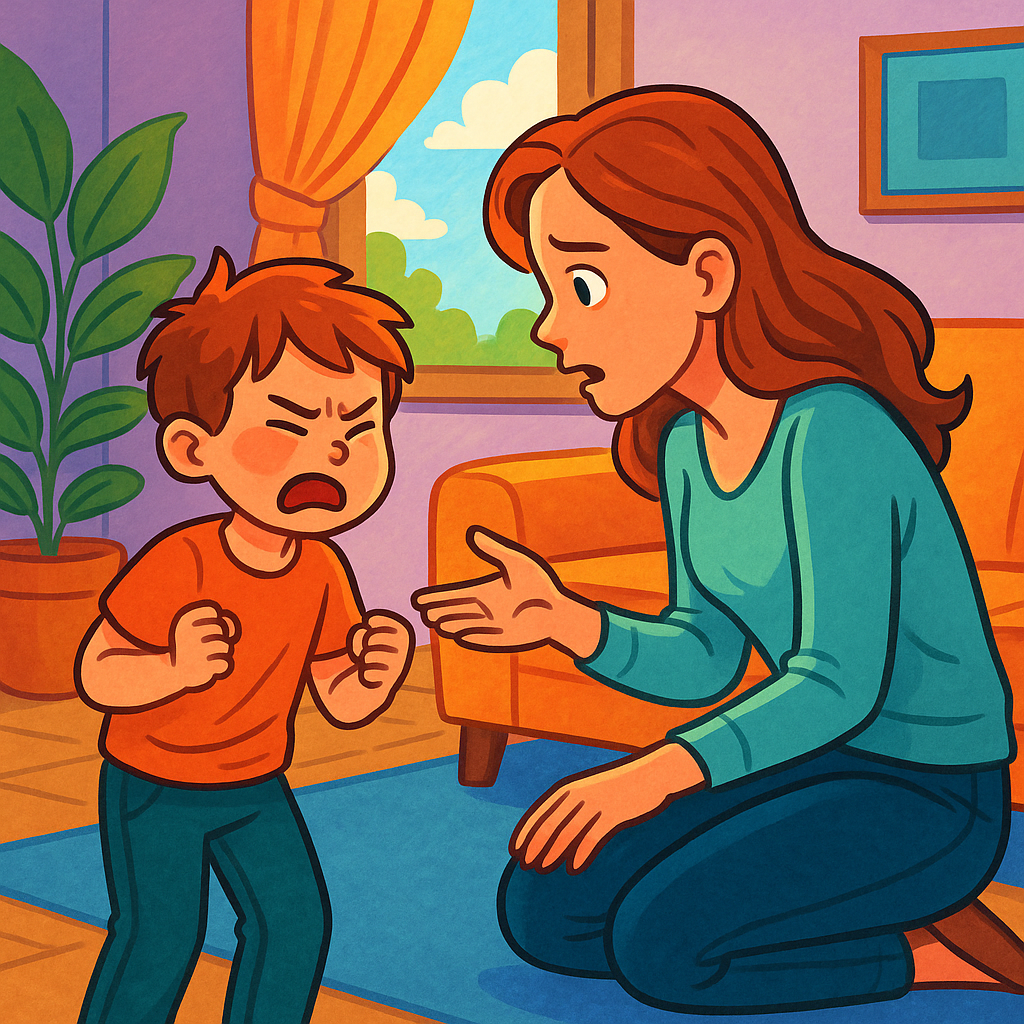Author: Desert Peace Therapy
-
Breaking the Cycle: Giving Your Child Emotional Freedom

Breaking the Cycle: Giving Your Child Emotional Freedom Parenting has a way of surprising us. Sometimes it’s in the small moments — the sharp tone that comes out before we can stop it, the wave of anxiety when our child struggles, or the deep pride we feel when they succeed. Other times, it’s in the Read more
-
Anxiety in Children and Teens: Signs Parents Miss

Anxiety in Children and Teens: Signs Parents Miss Anxiety is one of the most common mental health challenges affecting children and teens today — and one of the most misunderstood. Many parents expect anxiety to look like constant worry or fear, but in kids and adolescents, anxiety often shows up in quieter, less obvious ways. Read more
-
What You Have Was Once A Wish

A Holiday Practice of Gratitude (and a Grounded New Year) “Do not spoil what you have by desiring what you have not; remember that what you now have was once among the things you only hoped for.” — Epicurus The holiday season has a way of turning up the volume on everything. Joy feels brighter. Read more
-
Celebrating Nevada Day and Halloween with Gratitude and Joy

🎉 Happy Nevada Day & Happy Halloween from Desert Peace Therapy! 🎃 This weekend, Nevadans across the state come together to celebrate something special — Nevada Day! October 31, 1864 marks the day our great state officially joined the Union, earning the nickname “Battle Born.” It’s a time to remember Nevada’s proud history of resilience, Read more
-
Naturalistic Cognitive Theory – Medieval Mindfulness

Introduction: The Middle Ages and the Birth of Mindful Thinking When we think about mindfulness, we often picture meditation cushions, deep breathing, and calm awareness. But long before modern therapy techniques existed, medieval scholars were already exploring how the mind shapes perception and emotion. Their ideas—known today as Naturalistic Cognitive Theory—were some of the earliest Read more
-
Helping Kids Build Emotional Vocabulary

Helping Kids Build Emotional Vocabulary Have you ever asked your child how they’re feeling and gotten the same answer every time—“mad,” “sad,” or “fine”? Kids often default to simple words because their emotional vocabulary is still developing. But emotions are layered and complex. A child who says “mad” might really be frustrated, disappointed, embarrassed, or Read more
-
Socratic Questioning: A Guide to Healthier Thinking

Socratic Questioning: A Guide to Healthier Thinking In Cognitive Behavioral Therapy (CBT), one of the most effective tools for changing thought patterns is Socratic Questioning. When a stressful situation happens, it’s easy for our thoughts to spiral: “I’m not good enough.”“I always mess things up.”“This will end badly.” These thoughts feel real — but are Read more
-
Helping Students Transition Back Into School

Helping Students Transition Back Into School Our Clinical Director, Alicia Runyan, LCSW, recently joined JC Fernandez on 8 News Now to share valuable insights for helping students make a smooth transition into the new school year. They covered important topics like:✅ Establishing Routines✅ Addressing Bullying✅ Navigating Classroom Dynamics✅ Staying Motivated with Positive Praise Alicia closed Read more
-
Stillness in the Storm: Stoic Wisdom for Couples Raising Young Children

Stillness in the Storm: Stoic Wisdom for Couples Raising Young Children When you’re raising young children, peace can feel like a luxury—something that comes after the dishes are done, the toys are picked up, and everyone is asleep (hopefully for the night). But what if peace wasn’t something you found after the chaos, but something Read more
-
When Kids Push Boundaries, What Are They Really Saying?

When Kids Push Boundaries, What Are They Really Saying? Understanding the Behavior Beneath the Behavior Children test limits. They say “no,” throw tantrums, slam doors, and refuse to comply. While this can feel frustrating or even defiant, these moments are often not about disobedience — they’re about communication. At Desert Peace Therapy, we help families Read more
